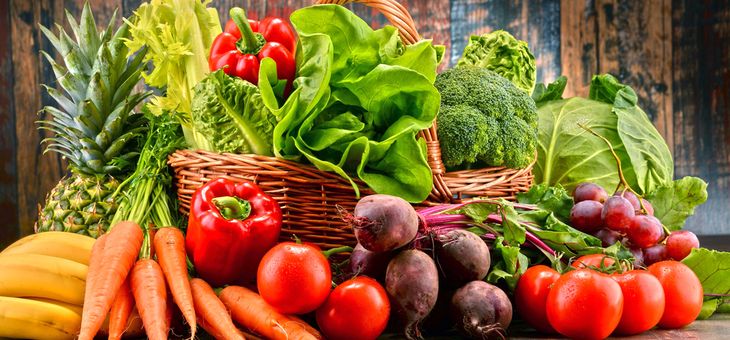Inflation in the December quarter rose 0.5 per cent, according to cost-of-living data released by the Australian Bureau of Statistics (ABS) on Wednesday, marginally more than the 0.4 per cent predicted by most economists.
The increase was largely due to rises in the cost of tobacco (9.4 per cent), domestic holiday travel and accommodation (6.2 per cent), fruit (5 per cent) and new dwelling purchases by owner-occupiers (0.4 per cent).
The most significant price falls for the quarter were automotive fuel (–2.5 per cent), audio visual and computing equipment (–3.3 per cent), wine (–1.9 per cent) and telecommunications equipment and services (–1.5 per cent).
The ABS consumer price index (CPI) data showed a 1.8 per cent rise in inflation in the 12 months to December 2018.
Economists had predicted inflation would slow to 1.7 per cent on a year-on-year measure and 0.4 per cent over the December quarter. This is the first time in eight quarters that the CPI has beaten expectations, the Australian Financial Review reported.
Senior economist with The Australia Institute in Canberra, Matt Grudnoff, told YourLifeChoices that because retirees spend money differently to the average household used to calculate the CPI, price rise and falls often had a very different impact.
“Increases in the prices of some things will impact retired people more than increases in other things,” he said. “For example, retired households tend to spend more than the average household on travel, but spend far less than the average on childcare.
“Rather than look at the impact on the average household, we need to look at the price increases and decreases that impact retired households more.”
Mr Grudnoff said the biggest impact for retirees was in the category, food and non-alcoholic beverages (0.9 per cent), in particular, the increase in the price of fruit. Meat also increased in price (1.6 per cent) driven mainly by falling supply because of the drought.
He also put the spotlight on electricity prices, which increased 0.9 per cent. “This is not nearly as big an increase as in recent years, but retired people, on average, spend more of their income on electricity,” he said.
“Recreation and culture also rose in price mainly driven by a 6.2 per cent increase in domestic holiday travel and accommodation. Again, retired people tend to spend more of their income on travel than the average household.”
On the upside, he said, after a long run of increases, average petrol prices fell 2.5 per cent. “While this is good news, it will have less of an impact on retired households as they tend to spend less on transport than the average household.”
Ernst and Young chief economist Jo Masters said the data confirmed inflationary pressures in Australia remained below the RBA’s two to three per cent target band.
“The RBA is likely to downgrade its growth forecasts in the Statement on Monetary Policy next week, although we continue to expect the RBA to hold policy unchanged until well into next year,” she told the Australian Financial Review.
“The data again highlighted the challenges being faced by the retail sector, with clothing and footwear prices and furniture and furnishing both in outright deflation in annual terms.”
Have you noticed increased costs in domestic travel? What about in the cost of fruit?
Related articles:
Outlook for ‘Affluent’ tribes
Energy costs a concern for ‘Constrained’
Rent to test ‘Cash-Strapped’

